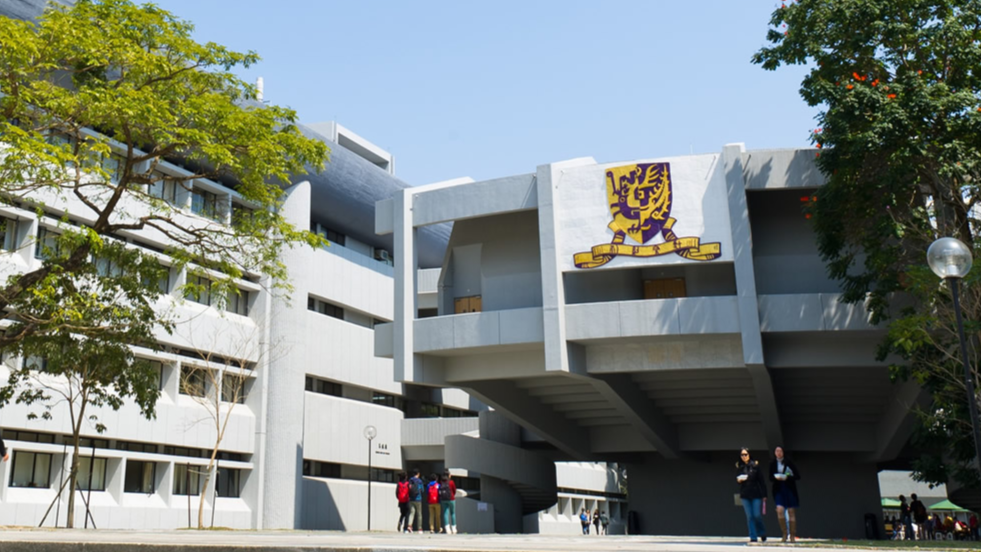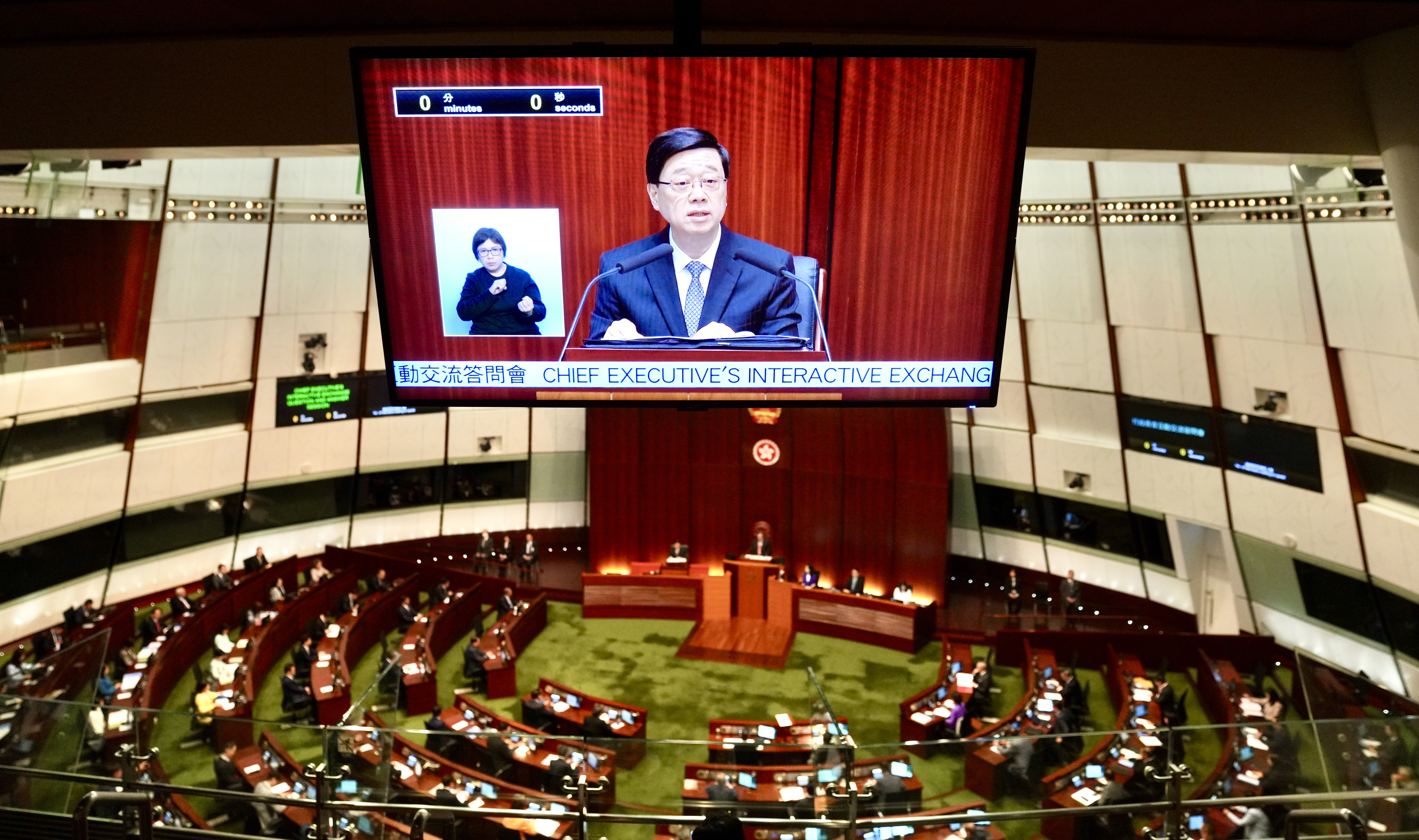
Hong Kong is favored by many international students in the US who are reconsidering their academic and career courses amid the Trump administration’s funding cuts of elite universities and bans on enrolling foreign students.
US Secretary of State Marco Rubio on Wednesday said that the US government will start “aggressively” revoking visas for Chinese students, and enhance scrutiny of all future visa applications from the Chinese mainland and the Hong Kong Special Administrative Region.
Chinese students account for about one-fourth of the total number of international students in the US. Rubio’s remarks added to the tension between the Trump administration and the US tertiary-education sector, which has already led to funding cuts to some elite universities, including Harvard University and Columbia University; the suspension of issuing visas to overseas students and visiting scholars; as well as discriminatory and restrictive measures on international students.
READ MORE: Calling all foreign Harvard students — a warm welcome awaits in Hong Kong
The Trump administration has imposed a ban on Harvard — one of the world’s top-notch higher education institutions — from enrolling international students, saying that Harvard failed to reply with a records request for disciplinary records and videos of international students involved in protests over the past five years. A US federal court temporarily halted the ban last week.
On Wednesday, US President Donald Trump also said that Harvard should have a foreign-student cap of “maybe around 15 percent, not 31 percent”. According to US media reports, Trump said, “We have people who want to go to Harvard and other schools, (but) they can’t get in because we have foreign students there.”
Harvard has admitted nearly 6,800 international students and scholars, including over 1,300 from China. During the 2023 autumn term, international students accounted for more than 27 percent of the total student population of this school, a share that the US administration thinks should be decreased to 15 percent.
In April, the Trump administration announced that it will revoke Harvard’s tax-exempt status and freeze $2.2 billion in federal funding, followed by an additional $450 million cut in grants in May.
A postdoctoral researcher in bio-economics from China at the University of California, who spoke anonymously to China Daily, said the US government’s “unprecedented” cuts to research funding for universities are taking their toll the hardest on young scientists who are in crucial career-transition phases, with uncertain financial backing prompting many schools and laboratories to limit their hiring of new researchers and faculty members as well as avoiding initiations of new research projects.
“We all felt for our peers and colleagues in Harvard — the first university to stand up to the administration’s threat to schools’ autonomy,” the source said.
Once the scholars relocate to other regions, the loss cannot be recovered in a short period. The Trump administration’s clampdown on the scientific community in the US is “shortsighted and detrimental, bringing more harm than benefit”, the source said, arguing that valuable results of scientific research are gauged by “unexpected rewards” that usually require a long-term investment.
The student also said that the current turmoil in the US higher education sector presents opportunities for both Hong Kong and the mainland, emphasizing that the two places are “obvious alternatives” for international scientists and students without language barriers if research resource and funding dry up in America.
A Chinese student surnamed Liu, who is set to begin a master’s program in computational science and engineering at Harvard, raised concerns when speaking to China Daily over the constant changes and unpredictability regarding international students in the US.
“There is shared anxiety that our visas might be revoked, or that various measures could give the government grounds to abrogate our legal status in the US, which can lead to deportation or detention upon our arrival,” Liu said.

During a question-and-answer session at the Legislative Council (LegCo) on Thursday, Hong Kong Chief Executive John Lee Ka-chiu extended a welcome to international students in the US who are facing unfair treatment, reiterating that Hong Kong — a strong education hub that boasts five top universities — is well-positioned to support affected students seeking a seamless transition.
Lee also hinted at the possibility of raising the enrollment quotas for nonlocal students at eight major publicly funded universities, including the University of Hong Kong, the Chinese University of Hong Kong, and the Hong Kong University of Science and Technology, placed 17th, 36th, and 47th respectively on the global ranking table by British education company Quacquarelli Symonds (QS).
“Hong Kong has an edge in education, and it is necessary to promote these advantages and make them known to the world,” Lee said.
Legislator Lawrence Tang Fei, who is also vice-chairman of the Hong Kong Federation of Education Workers, said the US is clipping its wings and giving higher education sectors in other regions a window of opportunity.
READ MORE: Ban on international students at Harvard undermines academic liberty
Tang believes that Hong Kong is among the biggest potential beneficiaries.
Hong Kong’s internationalized education standards and its long-standing connection with the global academic circle ensure seamless transfer for those students, Tang said.
William Wong Kam-fai, a Hong Kong lawmaker and an engineering professor at the Chinese University of Hong Kong, said, “As the Chinese proverb goes, it takes 10 years to grow trees and 100 years to nurture talents. The US’ bar to international students today will ultimately inflict severe pain on the country’s future development.”
Contact the writer at wanqing@chinadailyhk.com


